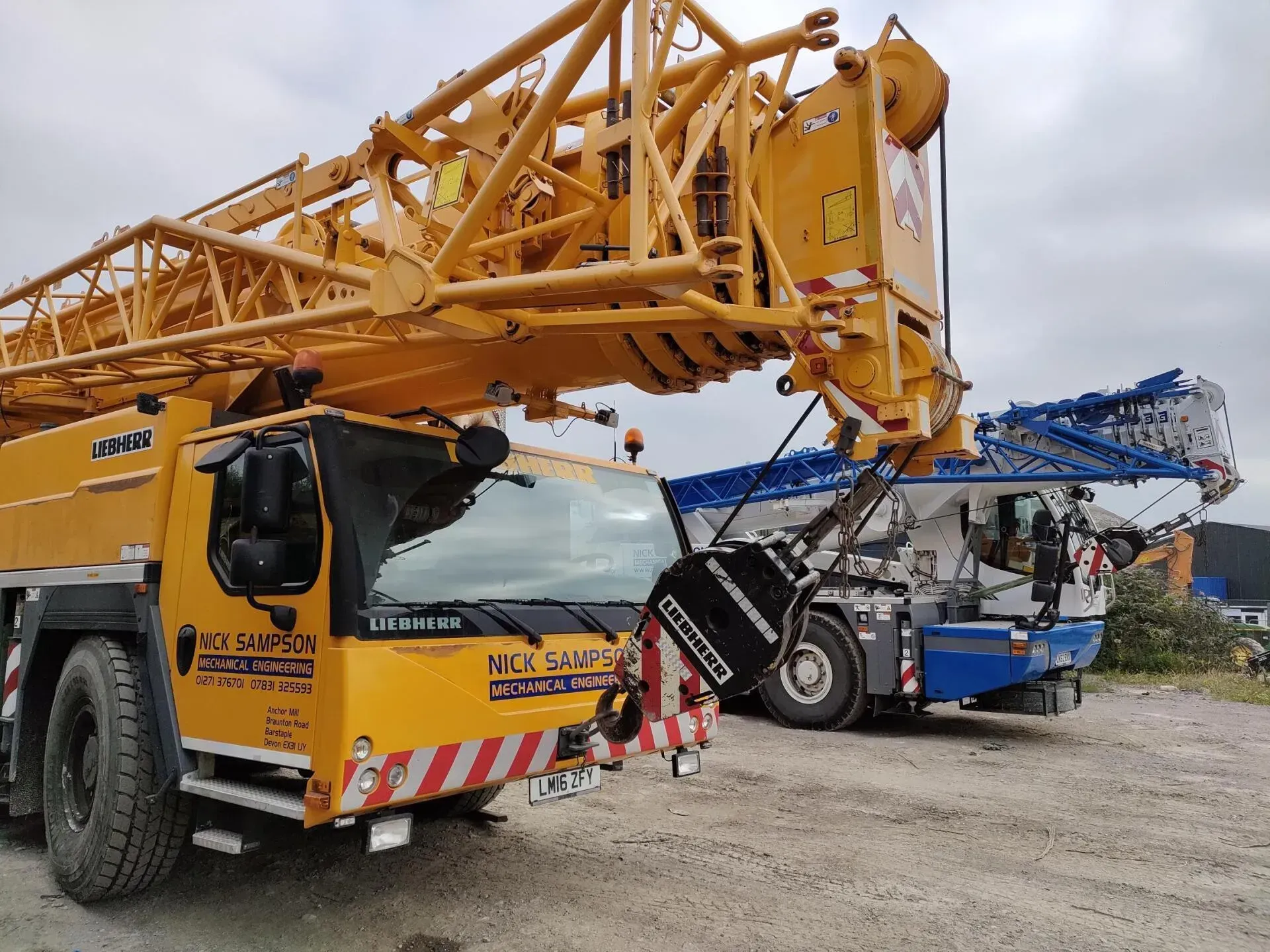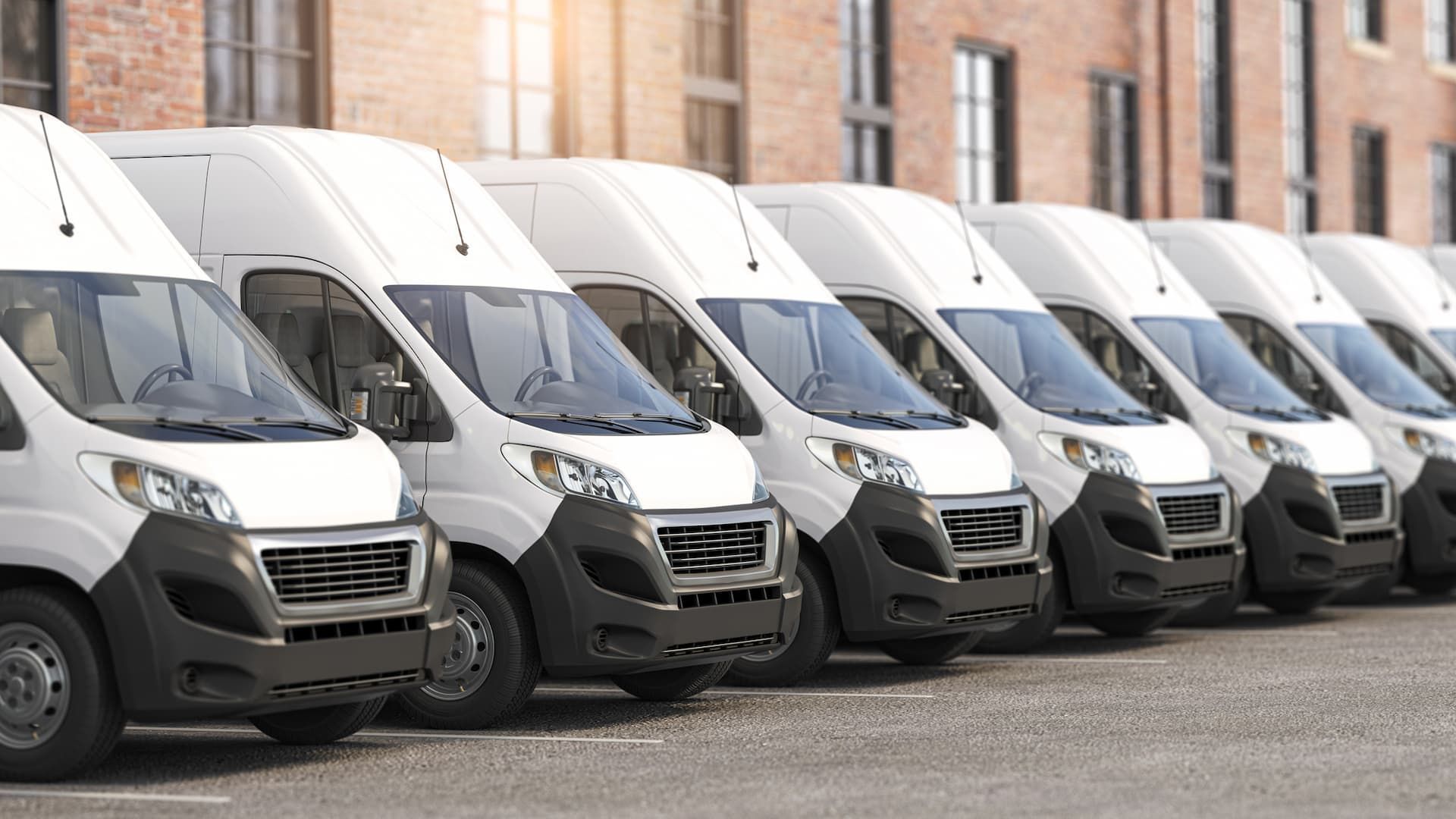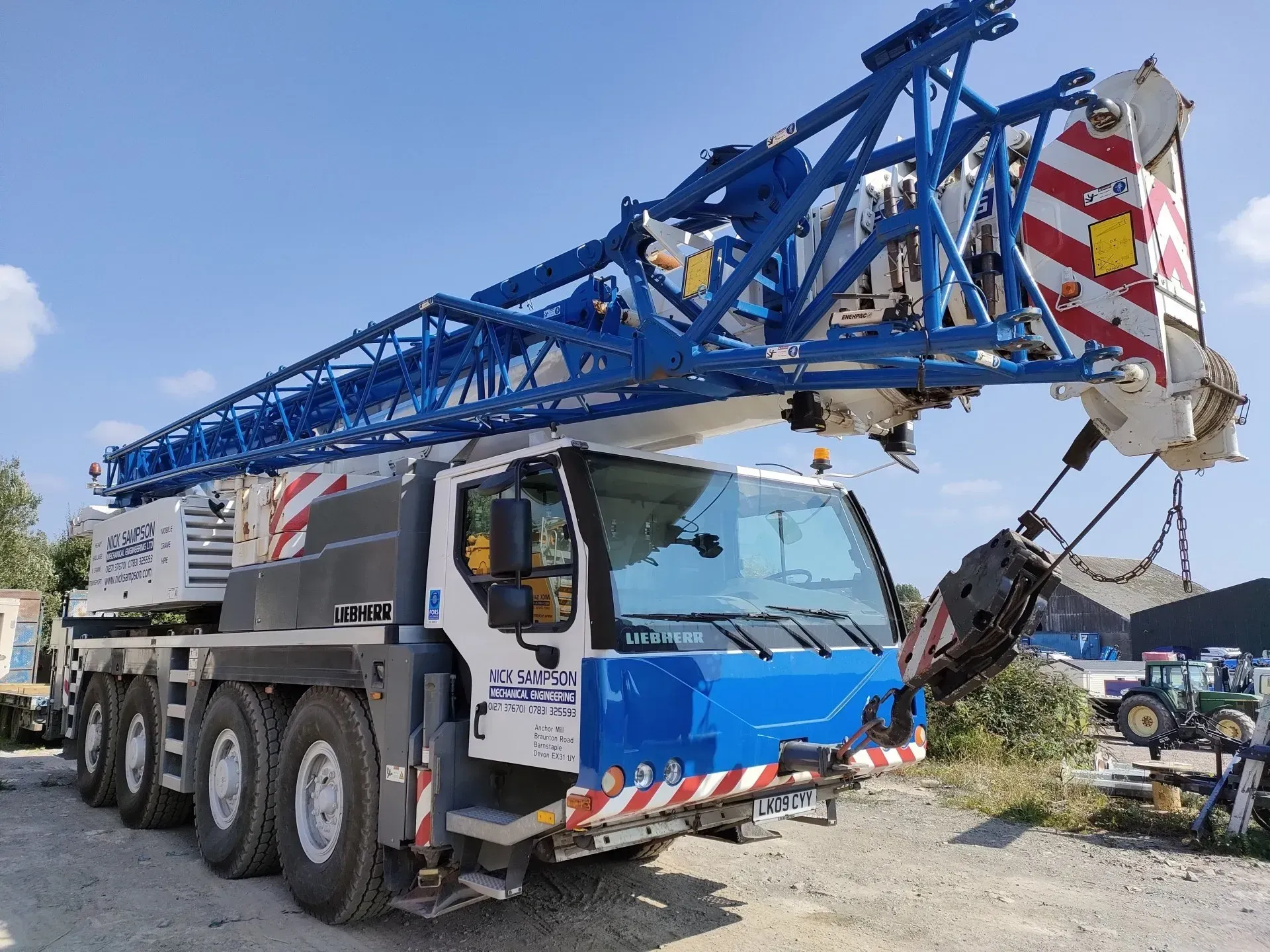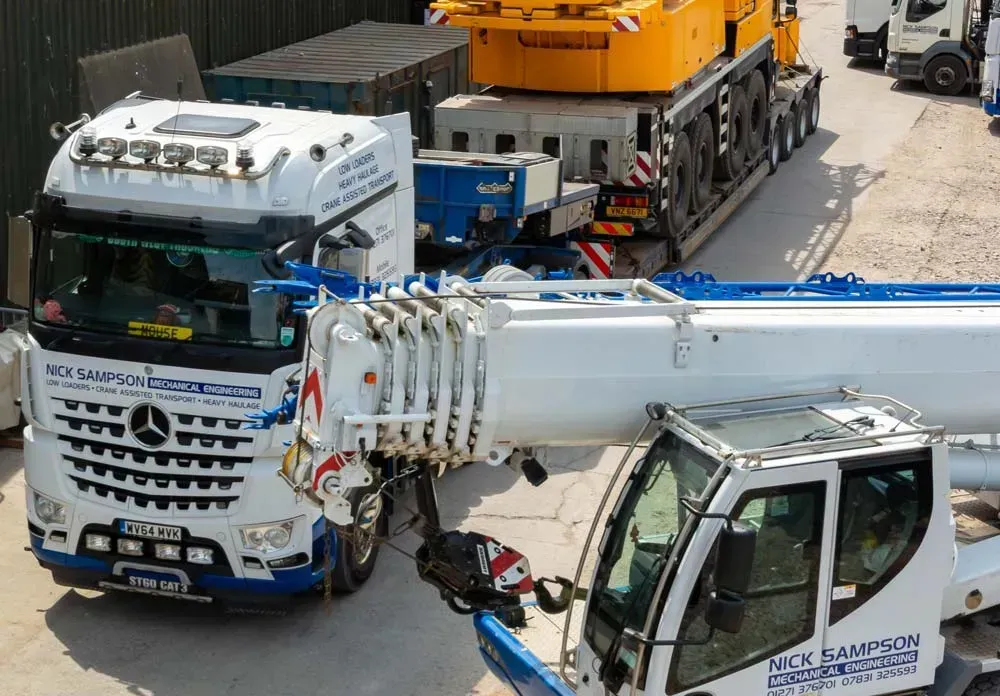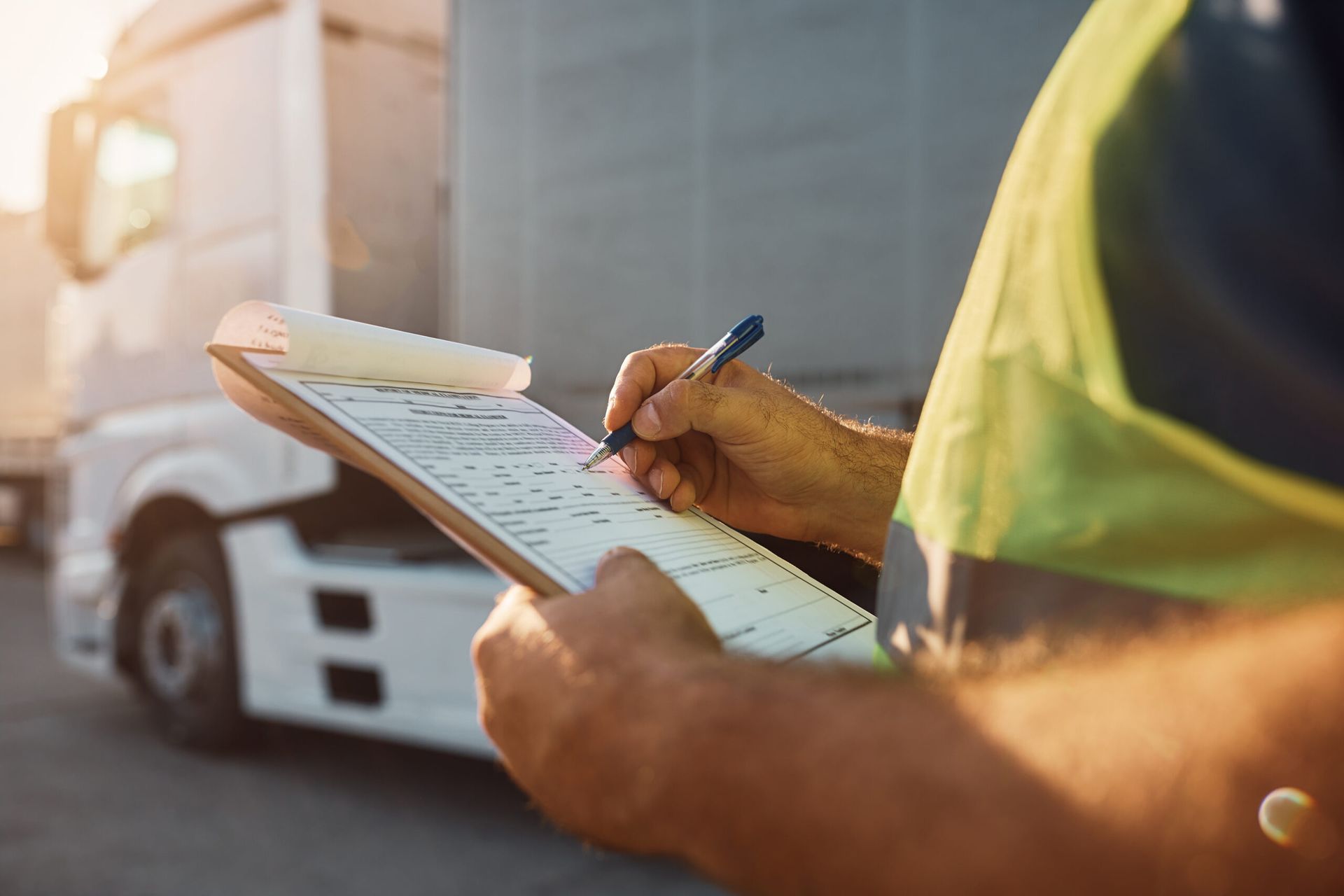What Are the Common Causes for Plant Machinery Damage?
Within the construction industry, many different types of plant machinery are used to carry out specific jobs. Despite being heavy lots of machinery that can withstand a lot of wear and tear, there are still a number of ways in which they can be damaged and will require specialist reparation.
Knowing the common ways in which your plant machinery can be damaged will allow you to be cautious in using them, preventing the likelihood of this occurring and prolonging their use. Below are some different types of plant machinery and the common causes for damage to them.
Type of Plant Machinery
Excavators
Excavators are a common piece of construction equipment, consisting of a boom, dipper, bucket and cab atop a rotating platform, used for digging trenches, holes and foundations. They are extremely heavy-duty and are able to move materials such as rock and stone, as well as earth, snow and others.
One of the most common and useful types of excavator used in construction is the crawler, which runs on two rotating tracks (like a tank does) that allow it to move over uneven terrain with better stability, having good traction when carrying heavy loads. These use modern hydraulic mechanisms for their power, which is what makes them so good for lifting heavy materials.
Wheeled excavators are the other common type of excavator, which (as the name implies) run on wheels as opposed to tracks. This makes them the ideal choice for using over flat surfaces, as they will manoeuvre much quicker with the same power capabilities.
Rollers
If you have ever driven past a construction site or seen people resurfacing the road, then you will have likely seen a roller before. These are the machines that are used to compress uneven grounds in order to remove air pockets and create a smooth and stable surface.
A smooth-wheeled double drum roller is what you will most likely have seen. These consist of two cylindrical steel drums - one at the front, one at the back - that both allow the roller to move and flatten the ground that it is moving over. These are best used for road surfacing over materials such as tarmac, as they effectively densify it without requiring much traction.
For other surfaces, such as soil or sand, other types of roller may be used. These could include:
● Grid Rollers
● Vibrating Rollers
● Single Drum Rollers
Dumpers
Dumpers are primarily designed to carry large loads of materials to, from and across building sites. Unlike excavators, they are only used for transportation, being the quickest and safest way to transport loose materials across a site using a large skip that is located in front of the cabin. They are particularly useful at the start of a project, when excavated ground needs to be removed from the site in order to make room for the work to take place efficiently.
There are also dump trucks, which function like dumper trucks, however have the skip located at the rear of the vehicle. This allows them to be typically larger than dumpers, making them more suitable for heavier loads.
Backhoes
Backhoes are more versatile than excavators, as they allow for lifting, manoeuvring and digging of materials all from the same machine. This is because they have a loader at their front end, and an articulated arm with a digging bucket on their back end.
This makes them multi-purpose machines that can be used for a number of different construction tasks, such as:
● Excavation/digging
● Transportation of lightweight materials
● Landscaping
● Small demolitions
● Paving roads
Telehandlers
For moving materials across different heights, telehandlers are used. Telehandler (or telescopic handler) machines consist of a vertically extendable arm that can lift materials forward and upwards, then place them in their new location.
There are different types of attachments that can be used with telehandlers in order to better lift, move and place different materials.
For example, lifting hooks range in various sizes and can be attached to a telehandler to lift materials such as wooden pallets, whereas bucket attachments are great for holding and disposing of piles of rubble.
Call in the Plant Haulage: Common Causes of Damage
Human Error
Human error is often a large factor that contributes to the damage of plant machinery. It is incredibly important that any person who is working with and operating plant machinery is correctly trained and remains aware of their surroundings to avoid damage, where possible, and potential danger to others.
If they are not, then a number of issues may occur that will not do your machinery any good.
For example, not knowing how to correctly fit an attachment or knowing the right attachment for the right machine can lead to someone attempting to force it on, causing damage to both the attachment itself and the machine. Similarly, if the wrong attachment is used or if it is fitted incorrectly, then it will not perform its job correctly and may even break off mid-use, likely leading to more damage and causing delays in construction.
As well as a lack of adequate knowledge, lack of awareness can also be dangerous. If someone operating machinery (such as telehandlers or excavators) does not realise there is an aerial or buried power line where they are working and accidentally hits it, then this can damage onboard electrics, start fires, or even cause explosions - all of which will cause extensive damage to the machinery, as well as threatening the safety of everyone on site.
Collisions
Being such large operating vehicles, plant machinery can easily collide into surfaces or other machinery if operated without careful consideration and awareness.
Due to the uneven terrain at many construction sites, if your machinery is not parked on a flat surface or the parking brakes have not been applied, then there is more chance that it will move or fall, potentially colliding with other machinery, materials or the construction work itself. This is especially likely during wet weather, which can cause the ground to become more slippery and reduce the grip in your plant machinery’s tracks or tyres.
When operating plant machinery, it can be hard to stay aware of what others around you are doing due to how large they are and the reduced visibility you may have. This increases the likelihood of colliding with other machinery in use, especially when in close quarters or if someone else is transporting materials and you did not see them coming or going.
Corrosion
The body and components of all these machines are primarily made up of various metals, and though these are designed to withstand corrosion through the use of specialist paint and treatment, they can still be subject to it.
Construction sites are often exposed to all forms of weather conditions that make coming into contact with water very likely. Plentiful rain can cause the ground and soil at construction sites to become sodden with water; if plant machinery is parked in waterlogged soil for extended periods, then this water exposure makes corrosion and rust much more likely. This risk is similarly high when working at sites near sources of saltwater (i.e. beaches).
Other corrosive substances may also be found at some construction sites that can cause damage to your machinery.
Physical Damage
Construction sites are home to a plethora of abrasive materials - glass, rocks, metal, masonry, gravel - that can easily cause damage to your plant machinery if you’re not careful. Of course, minor scratches and damage are to be expected, and these are not often detrimental to your machinery. However, continuously or carelessly driving on a messy site or with no regard for the terrain and surroundings makes damage much more likely.
If the undercarriage of your machinery is consistently being driven over rough, abrasive ground, then any scratches will continue to worsen to the point where your vehicle is stripped of paint and exposed to corrosive materials that can increase the rate at which your vehicles will be damaged.
Crane Hire Companies
If your plant machinery has been damaged, then Nick Sampson has the services you need. We offer heavy plant machinery haulage and repair; we will take your damaged machinery off-site for you, repair it, then return it to you as good as new.
We also offer a number of other services, including truck repairs, mobile crane hire and machinery transport. To enquire about the services we offer, contact us today, we will be happy to help.



